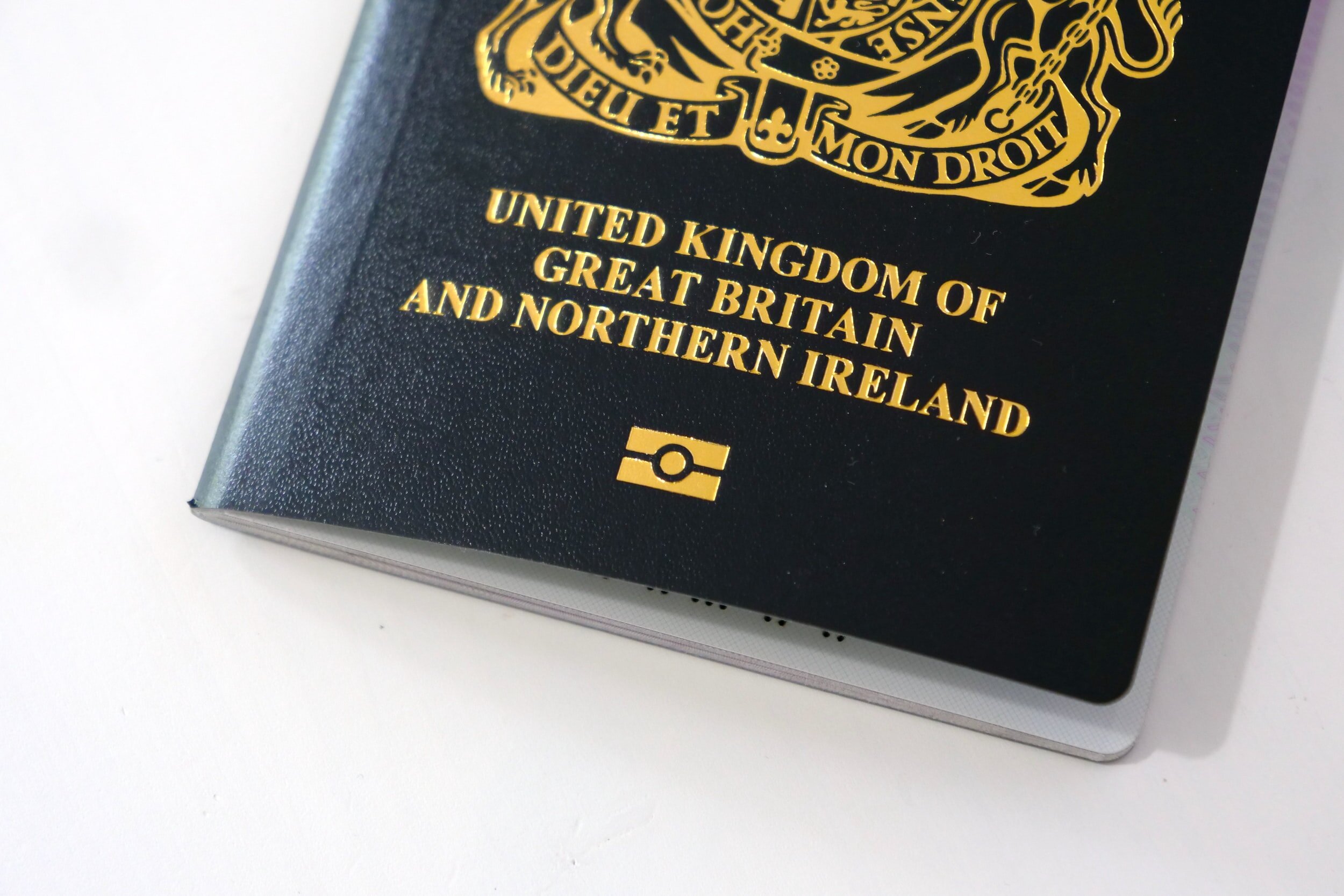
What is the likelihood of my German work visa application being approved?
While we are confident that immigrating to Germany for work purposes is entirely feasible, with less than 1% of the applications we submitted last year being declined, there are still instances in which German work visa applications are rejected. We have identified the most significant reasons for rejection.

How to Relocate to Germany for Work as a Non-EU National
Non-EU nationals must obtain a German work visa to legally work in Germany. There are two options for moving to Germany for work: Move to Germany on a job-seeker visa or apply for a work visa at your nearest embassy after securing a job

A shortcut to Germany: apply for your work visa/blue card through the fast-track procedure (Beschleunigtes Fachkräfteverfahren)
Are you considering the accelerated procedure (beschleunigtes Fachkräfteverfahren) to get your German work visa or blue card? Make sure to read our guide beforehand. Choosing the right process can save you time and money!

German health insurance for foreigners
German health insurance for foreigners easily explained! Read out guide and sign up for the insurance of your choice today!

How to complete the German visa VIDEX form for your work visa
When applying for a work or student visa at the German embassy, you'll need to fill in VIDEX form. We'll explain the do's and dont's

What Brits in Germany should know about Brexit Visas

German Residence Permit vs. Blue Card
What’s the difference between a blue card and a residence permit? Britt, our Jetztpat who’s held both types of permits, helps break it down.

The Guide to German Visas
There is no shortage of German visa types, which is why it’s so tricky to understand which one you qualify for (not to mention how to obtain your German visa if you meet those qualifications). In this comprehensive guide, we break down three common visas types: 1. Short Stay Visas, 2. Long Stay Visas, 3. Residence Permits.
